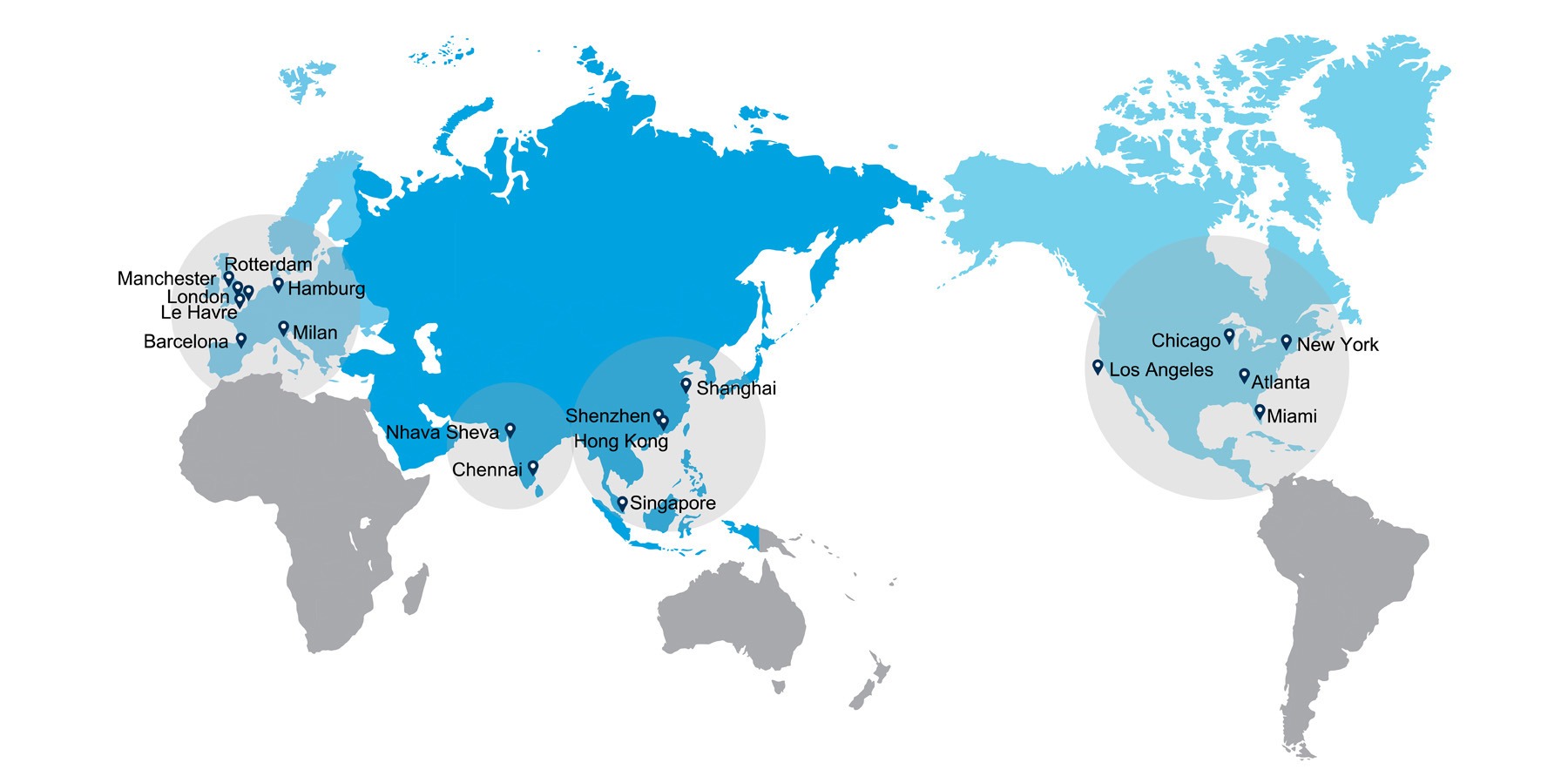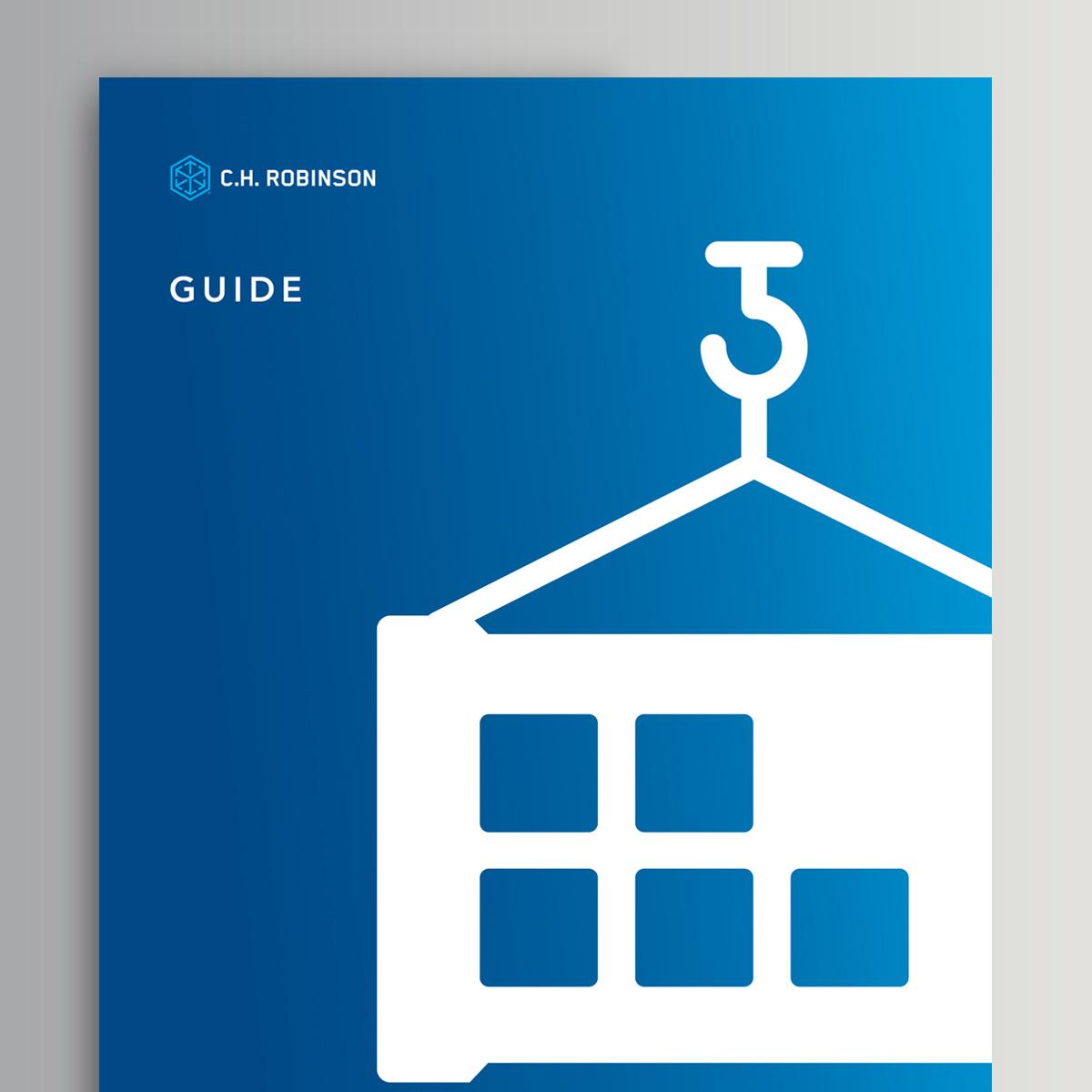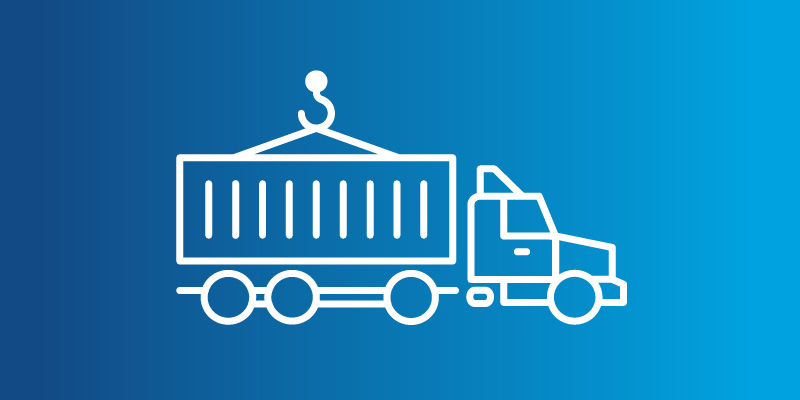Consistent LCL sailing schedules lead to reliable results

Only pay for the container space you use
Keep your freight moving on schedule. Tailored less than container load (LCL) solutions can be a smart, economic alternative that speed up your transit times without breaking your budget.
Efficiently deliver your LCL freight
Expedited LCL
Strike a perfect balance between traditional LCL and air freight. Expedited LCL adds consistency and speed at competitive rates.
fcl to lcl mode conversion
Keep your FCL freight moving with more flexible LCL service. Work with our experts to determine a data-driven conversion strategy.
ocean to air combination
Pair ocean and air delivery into a single solution to deliver your freight on time, control inventory and keep costs aligned.
Customise your supply chain
Customs brokerage
Work with our Trusted Advisor® experts to keep your goods moving quickly through LCL freight hubs around the world.
Marine Cargo Insurance
Explore your policy choices—including no- or low-deductible policies—to ensure your coverage matches your exposure risk.
Trade policy consulting
Proactively solve potential compliance issues with help from people who understand evolving import and export regulations.
What sets C.H. Robinson LCL services apart
C.H. Robinson global LCL gateways


content.testimonialHeading
Get the latest intel. Own the competition.
The C.H. Robinson Edge delivers expert advice on what’s new, what’s next and what to do about it. With the leading freight market insights, powered by unmatched expertise and data of the market leader, you can stay ahead in today’s fast-changing world economy—where supply chains can make or break business success.
Common LCL service questions
Q: Is it cheaper to deliver LCL or FCL?
The cost comparison between LCL and FCL delivery hinges on the nature of your cargo. Opting for LCL becomes the economical choice when delivering smaller items or palletised cargo. Conversely, if your goods occupy a substantial portion of a container, FCL emerges as the more cost-effective solution for your delivery needs.
Q: Which is better LCL or FCL?
Both LCL and FCL can be great delivery options. The choice between LCL and FCL ultimately boils down to the specifics of your delivery and any unique requirements you have. While LCL shines for smaller deliveries, FCL can prove advantageous even when the container isn't fully loaded. Once your delivery surpasses a certain size threshold, an entire container may be the right choice as it can offer more space at a potentially faster transit time despite a slightly higher investment.
Q: What is the maximum cubic metre (CBM) for LCL deliveries?
The limit for a single package is 3,000 kg. and 29 CBM.
The limit for an entire LCL booking is 20,000 kg. and 60 CBM.
Q: Can I add customs to my LCL delivery?
Yes. You can include both export and import customs clearances with your LCL bookings.
Q: How does LCL compare with air freight?
The choice between LCL and air freight hinges on the urgency of your delivery. While air freight offers speed, LCL becomes increasingly efficient as the size and weight of your cargo grow. Not only is airfreight cost-intensive, potentially costing several times more than LCL, but choosing LCL provides a viable alternative that reduces both your logistics expenses and carbon footprint. Rest assured, with LCL, your pickup, delivery and visibility processes remain unchanged.
Q: How does C.H. Robinson pick up, ship and deliver LCL freight?
With C.H. Robinson you can expect a simple process managed by dedicated people to co-ordinate every step of the journey.
- Pickup: C.H. Robinson picks up or receives the delivery at a C.H. Robinson container freight station (CFS) location before the cut-off time.
- Ship: The freight moves through the customs clearance process and is consolidated with other deliveries into an LCL container.
- Delivery: Upon arrival at the destination port, your cargo is transferred to the CFS, where it is safely unloaded, cleared through customs and delivered.
Q: How many destinations does C.H. Robinson serve for LCL freight?
On average, C.H. Robinson moves LCL deliveries across more than 600 lanes and more than 10,000 point-to-point services each week. We are consistently expanding our operational capacity by incorporating new delivery lanes and sailings into our business model.
Q: Does LCL service help reduce carbon emissions?
Yes. Typically, LCL delivery can help to reduce carbon emissions in two ways:
- Optimising containers: LCL service optimally utilises container space, reducing emissions per transported unit.
- Avoiding air freight: Choosing LCL over air freight minimises carbon emissions by avoiding the high CO2 output associated with aircraft transportation.
Related services to elevate your delivery strategy

Ocean
Secure ocean freight capacity at competitive rates through our long-term relationships with major carriers and alliances.

Drayage
Move freight easily between ports and warehouses with fast, efficient drayage services.

Air
Meet domestic and global demands with flexible air freight solutions that operate on your schedule—even last-minute.




